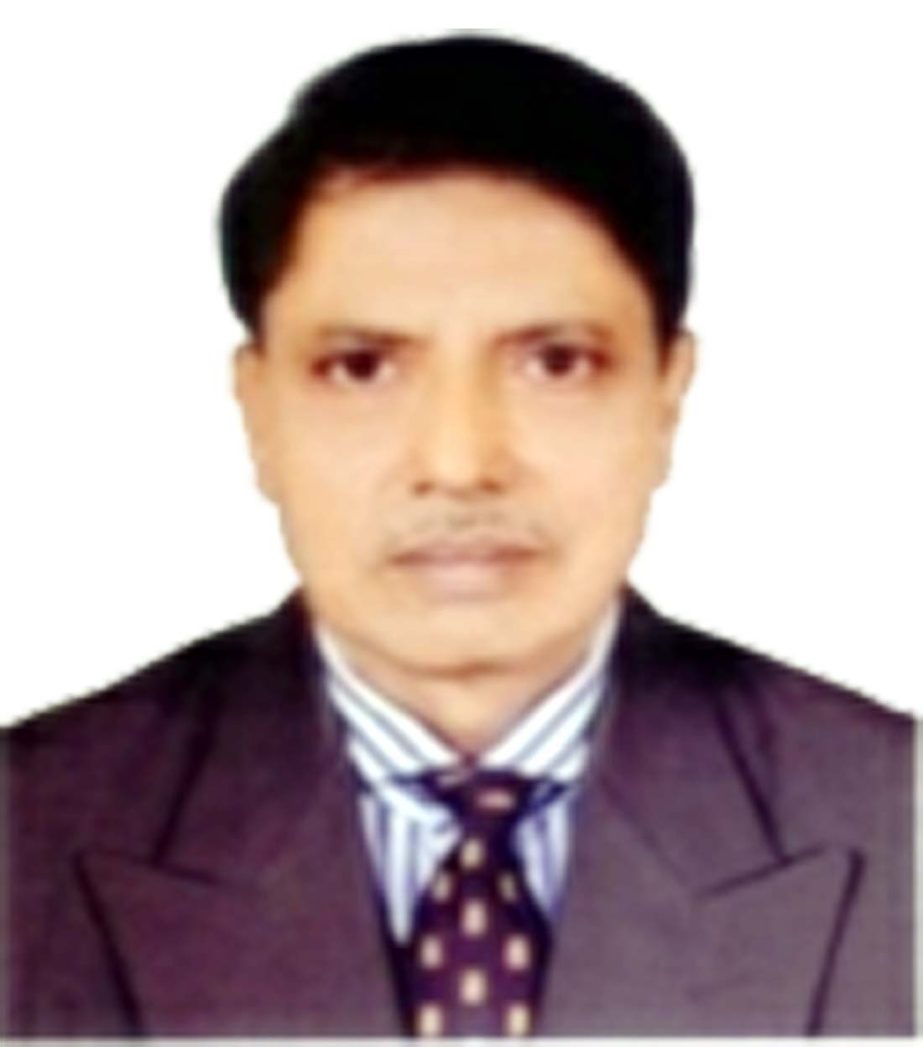
Dr. Forqan Uddin Ahmed :
The Great Workers’ Cultural Revolution is known globally as the Cultural Revolution of China. Under the leadership of Mao Zedong, the founder of the People’s Republic of China, the revolution took place in the People’s Republic of China with the aim of bringing about greater cultural change. It happened as part of the socio-political movement from 1966-1976. The revolution began with the proposal of Mao Zedong, the president of the Communist Party of China, to keep away from capitalism and to preserve true socialist thought. The aim of this revolution was to give birth to a socialist and communist culture, to eradicate the old capitalist and feudal culture and to create an awakening of knowledge-based intellect in the whole society. The revolution, which started slowly in May 1966, ended in 1969.
Mao Zedong was born to a peasant family in the village of Shao Shang Chung in Shangtan District on December 26, 1893. Mao Zedong’s father’s name was Mao Zhen Sheng (Shun Sen). Although Shun Sheng was a poor farmer, he worked in the army for a few years, improved his condition by buying land, and became a middle-class householder by trading in raw materials. Mao has been working on the farm since he was just seven years old. In 1901, at the age of eight, Mao was admitted to the village school and studied in that school till the age of 13. In 1906, Mao completed his schooling in the village. Then his father found it profitable to enlist him in the army. From a young age, Mao Zedong became a follower of leftist political ideology. In 1919, there was a movement in Chinese intellectuals in modern China. He also contributed to the movement through writing. In the 1920s, he became known in Chinese politics as a Marxist. That same year, he returned to Changsha, China, to pursue democratic reform in Hunan Province, although his efforts failed. Then in 1921 he went to Shanghai. At that time the Communist Party of China was being formed there. Mao attended that secret meeting. He then returned to Hunan Province and began working on a regional branch of the Communist Party. In 1925, Mao formed a peasant organization in his hometown of Shaoshan. In his writings on the peasant movement of 1927, he referred to the peasant revolution as the main driving force.
Mao Zedong is a unique figure in the history of world revolutions. From 1921 to September 9, 1976, this long period of his working life was active. Under his leadership, a long 22-year armed struggle led to the beginning of the Democratic Revolution in China on October 1, 1949. Feudalism and capitalism were uprooted from Chinese soil. Mao Zedong had the glorious achievement. Under whose leadership the revolution has succeeded. On October 1, 1949, comprehensive democratic revolution was completed in China under the leadership of the workers. The Chinese democratic revolution was won under the leadership of Mao Zedong, the leader of the then Communist Party of China.
Maoism was known as the thought of Mao Zedong and its followers are known as Maoists. The Maoists consider it an anti-revisionist form of Marxism-Leninism. Maoism developed in the fifties and sixties. Gradually it was widely implemented by the Communist Party of China as a political and military driving force. Mao Zedong tried to formulate a new theory by synthesizing the experience of the Russian bourgeois democratic revolution of 1917, the February Revolution and the October Revolution. He developed a new theory of neo-democratic revolution, in the countries oppressed mainly by imperialism and feudalism, especially in colonial or neo-colonial and capitalist countries. This theory is a joint dictatorial republic of several revolutionary classes led by the working class which is part of the world socialist revolution. From the experience of China, Mao Zedong repeatedly highlighted the role of not only the working class, but also the larger masses. He declared that the main task of revolutionaries is to start from within the people and return to the people. He highlights the role of the people and even criticized the Communist Party, which came up with the slogan “Cannon Dago” at its headquarters. He is a man who has always valued being with the people and learning from the people. If we do not understand the demands of the people, blind imitation of Mao will happen. Mao’s people’s line is to understand the aspirations of the people in a particular country and to act accordingly and to overthrow the reactionary ruling group through its massive propaganda.
Mao Zedong in his peoples’ line spoke about the welfare of the people of the country. China is a major power in the world today. The foundation of this power is its skilled manpower and strong leadership. Following the footsteps of Mao Zedong, his successors have also established China as an unrivaled, irresistible and unequal competitor. The evolving trend of industry and trade has gained a monopoly in the world. Gradually it is expanding. China’s position in modern technology is very strong. China has emerged as a superpower to the world, proving its capabilities in a combination of military, economic and industrial power. It has been made possible by upholding Mao Zedong’s ideals and confidence in his leadership. Above all, China today has become a prosperous and self-sufficient nation based on the culture of patriotism, hard work, concentration, punctuality, conscientiousness a sense of responsibility, communism and the experience of various researches and by innovations of technologies. China is a unique example of development to the world.
(Dr. Forqan is former Deputy Director General, Bangladesh Ansar & VDP).

